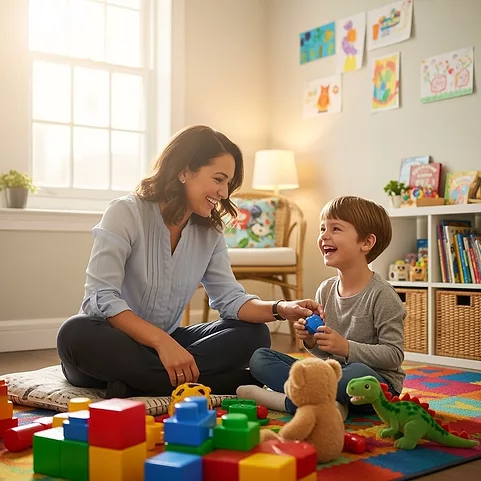Stimulant Treatment Effect on Anxiety in ADHD
Gaurav Mishra, MD. Dr. Mishra has no financial relationships with companies related to this material.
REVIEW OF: Soul O et al, J Child Adolesc Psychopharmacol 2021;31(9):639–644
STUDY TYPE: Prospective, open label
Anxiety is one of the many side effects commonly listed for stimulant medications. Although a 2015 meta-analysis showed that stimulants did not worsen anxiety symptoms in children with ADHD compared to placebo, none of the studies included in that paper used prospective methodology (Coughlin CG et al, J Child Adolesc Psychopharmacol 2015;25(8):611–617). Now Soul and colleagues have published the first prospective study looking at whether stimulants exacerbate anxiety.
This 12-week study recruited 104 children ages 6–15 years at the beginning of their stimulant treatment for ADHD. Parents filled out the ADHD-RS and SCARED anxiety scales. Of the 57 participants who finished the study, 18 had a diagnosis of an anxiety disorder: Eight had separation anxiety disorder, two had generalized anxiety disorder, four had social anxiety disorder, one had panic disorder, and three had a specific anxiety disorder. The prescribed stimulants included long-acting methylphenidate for 51.8% of participants, with other prescriptions split among osmotic-release oral system methylphenidate, lisdexamfetamine, mixed amphetamine salts, dexmethylphenidate, and immediate-release methylphenidate.
ADHD symptoms improved as expected with stimulants, and the SCARED scale showed that 19% of patients reported reductions in anxiety. There were significant decreases on subdomains of generalized anxiety disorder, separation anxiety disorder, and a school-avoidant behavior subscale, but the effect sizes were small—none beyond 0.14. The presence or absence of anxiety disorders did not impact the improvement of ADHD symptoms based on ADHD-RS. About 14% of the patients reported side effects of irritability, tension, and anxiety symptoms, and 12% reported depressive symptoms.
This study was limited by its open-label design, lack of a control group, small sample size, and loss of patients. Still, its prospective naturalistic design and the use of validated scales along with inclusion of children with anxiety disorder strengthens the results.
Carlat Take
While it will be helpful to have better-controlled studies, for now we have some reassurance that you are unlikely to cause or worsen anxiety when you use stimulants to treat anxious kids with ADHD.
Newsletters
Please see our Terms and Conditions, Privacy Policy, Subscription Agreement, Use of Cookies, and Hardware/Software Requirements to view our website.
© 2025 Carlat Publishing, LLC and Affiliates, All Rights Reserved.


_-The-Breakthrough-Antipsychotic-That-Could-Change-Everything.webp?t=1729528747)



